





Dr. Charles Chadwell Executive Director Northern
Chi Epsilon continued to build momentum in 2025, welcoming more new initiates than ever before across our 148 university chapters. This growth reflects the dedication of our students, the leadership of our faculty advisors, and the ongoing engagement of our alumni and university partners.
We gathered virtually for our 2025 National Conference, hosted by Boise State University. It was a dynamic space to share ideas, recognize chapter excellence, and look ahead. One of this year’s most meaningful milestones was our formal integration with the American Society of Civil Engineers. As ASCE’s academic honor society, Chi Epsilon retains its identity—while gaining new tools and national visibility to better support our members.
This work has always been about more than numbers. It’s about advancing scholarship, fostering leadership, and serving the civil engineering profession with character and integrity.
To the graduates of 2025—congratulations. We are proud of all you’ve accomplished, and even more excited for what lies ahead. And to every Chi-Epper who contributed to this year’s success—thank you. Your impact is lasting.
—Dr. Chadwell

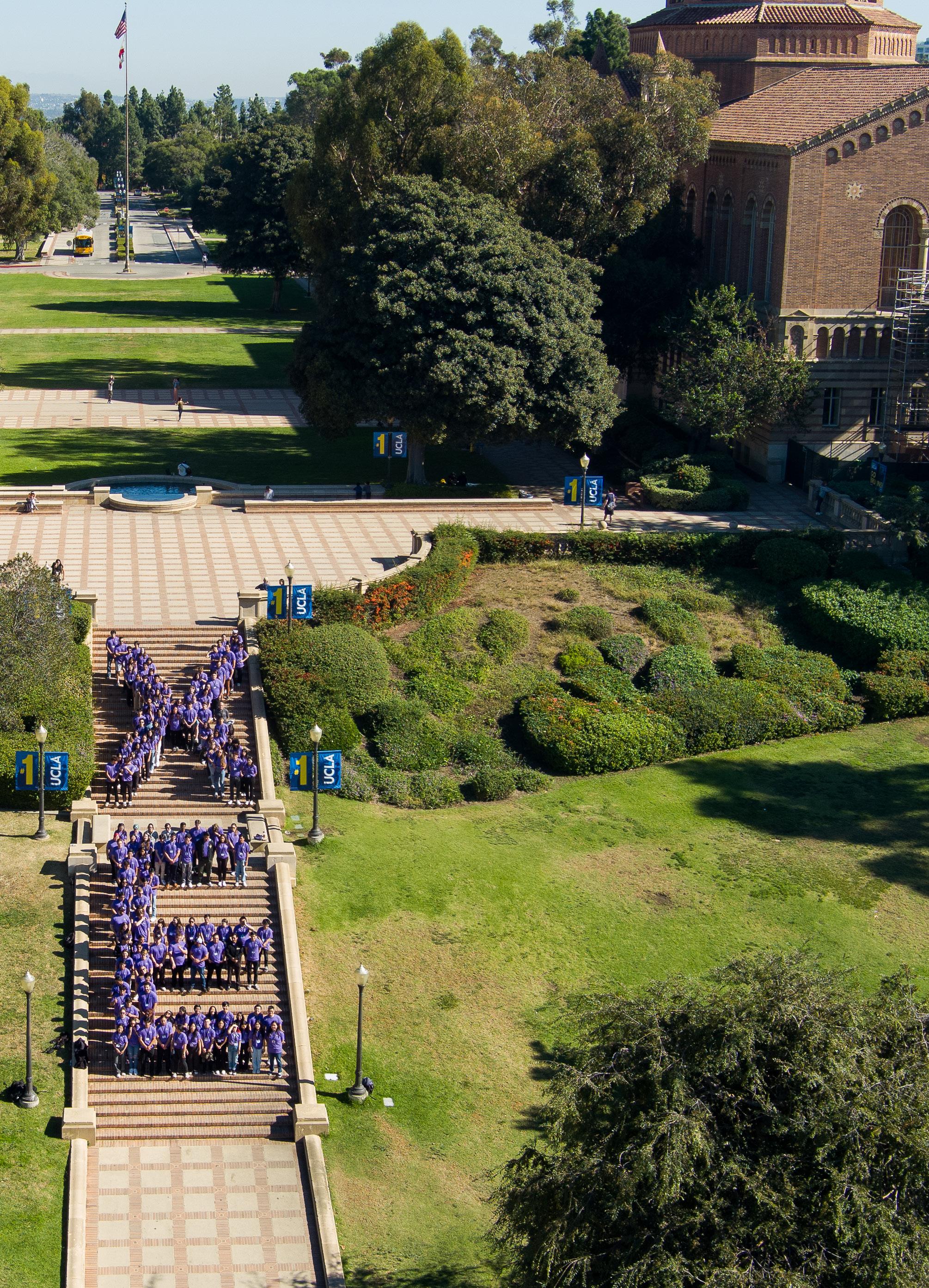
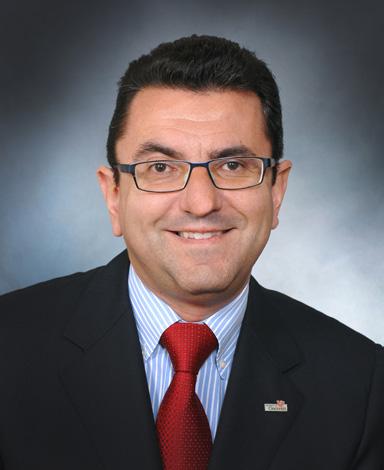
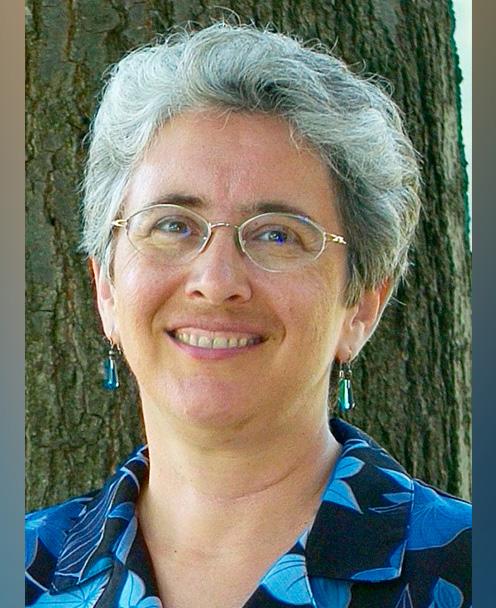
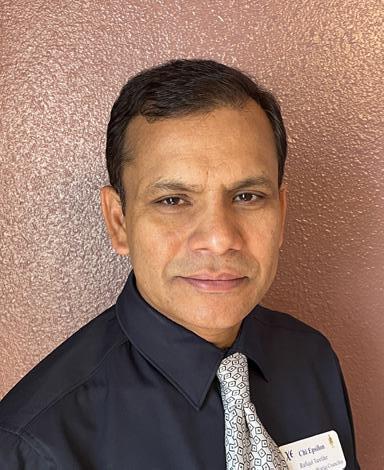
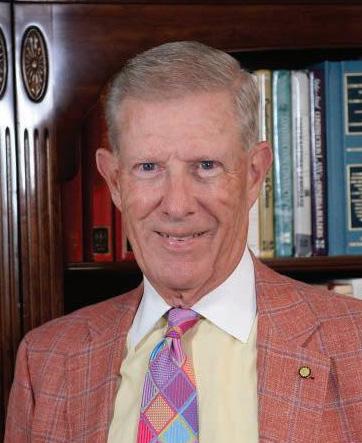

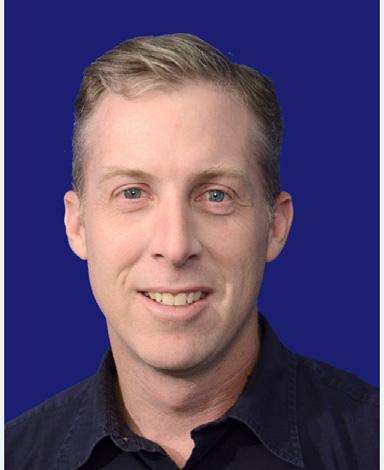
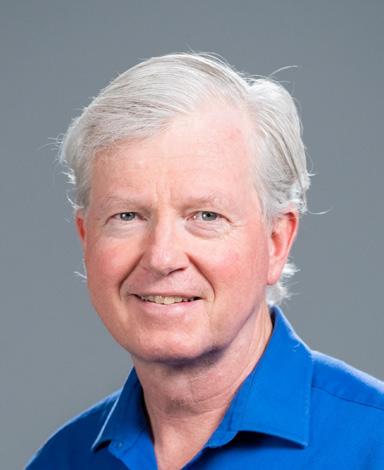


There’s something special about beginnings— especially when they’re built on perseverance, vision, and the belief that excellence deserves to be honored.
On September 30, 2024, Kennesaw State University (KSU) proudly joined the Chi Epsilon family as the 148th chapter, marking a milestone years in the making. What began as an idea in 2015, championed by Dr. Tien Yee and reignited through the leadership of Department Chair Dr. Sunanda Dissanayake, has now become a living, thriving reality.
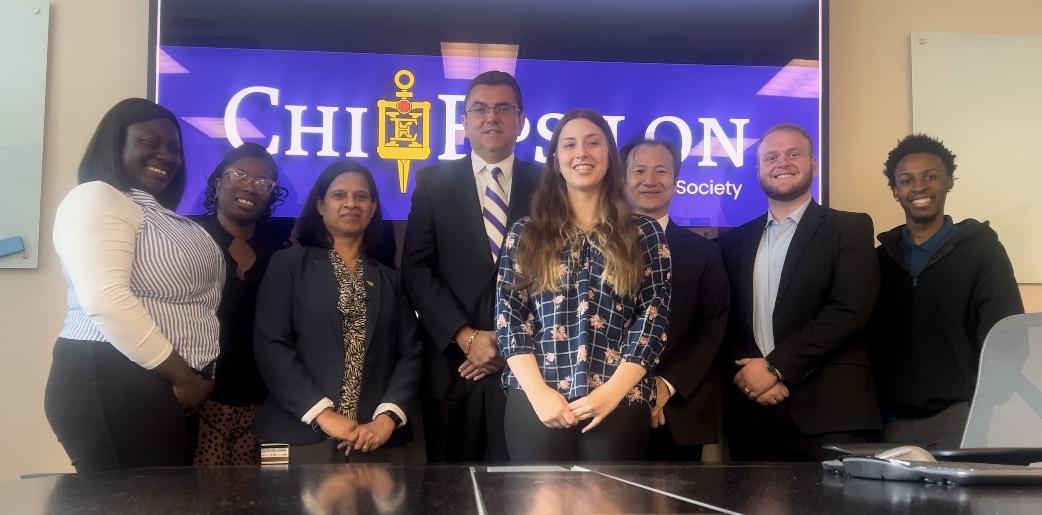
Their journey reflects the very spirit of Chi Epsilon itself: determination through challenges, steadfast commitment to scholarship, and the power of community. Recognizing the need for an honor society that reflected the caliber and character of KSU’s civil engineering students, Dr. Yee and Dr. Dissanayake built a local foundation—nurturing student leaders and preparing the department for national affiliation. With the support and guidance of the National Office, and the encouragement of mentors like Dr. David Chin and Dr. Susan Burns, the dream of Chi Epsilon at KSU was finally realized.
Before installation, KSU’s Civil and Environmental Engineering Department operated its own honor society, successfully engaging 20–25 students in leadership and service opportunities. This foundation allowed for a seamless transition into Chi Epsilon once the department met the national eligibility requirements.
Today, the chapter is led by five dedicated officers and co-advised by Dr. Dissanayake and Dr. Yee. Their
next step is to initiate new members, further solidifying the chapter’s presence on campus. Chapter leadership is also working to honor past student members by formally incorporating them into Chi Epsilon’s fold—ensuring their early contributions are both recognized and carried forward
“At KSU, Chi Epsilon is more than an honor. It’s a commitment to excellence, leadership, and lifting others higher.”
KSU’s Chi Epsilon chapter is uniquely positioned to shape the next generation of civil engineers. With approximately 850 undergraduates—the largest civil engineering undergraduate program in Georgia—the chapter reflects a vibrant, diverse, and growing community. Many KSU students come from underrepresented backgrounds, and Chi Epsilon membership offers not only recognition, but pathways to leadership, mentorship, and industry engagement.
From academic support and community service to preparing students for the Fundamentals of Engineering (FE) exam, KSU’s chapter is determined to lift every member higher. Collaboration with professional organizations like ASCE will only deepen these opportunities, ensuring members are fully prepared for both their academic and professional journeys.
Despite KSU’s size, class sizes remain intentionally small—around 40–45 students per course—fostering close faculty-student relationships. This personalized environment, combined with early industry exposure through internships, builds students who are not only academically excellent but also practice-ready.
In every way, KSU’s Chi Epsilon chapter reflects the four pillars: Scholarship, Character, Practicality, and Sociability. Their installation, celebrated with pride alongside Chi Epsilon National Council President Dr. Gian Rassati, marked the beginning of a chapter built not just for today, but for the future.
At KSU, the foundation is strong. The vision is clear. And the future is bright. ■


here are moments in Chi Epsilon’s story when the power of community shines through—and the resurgence of the University of Texas at Arlington’s chapter is one of them.
Once home to Chi Epsilon’s National Office, UTA’s chapter (XE UTA) holds a lasting place in our history. But like many organizations, the chapter fell quiet during the pandemic, facing retirements, transitions, and the uncertainty that comes with change.
It was Dr. Zhe Yin, Assistant Professor of Instruction in Civil Engineering, who reignited the spark. He recognized something special: UTA’s civil and architectural engineering students had the talent, the drive, and the heart to carry Chi Epsilon’s legacy forward. All they needed was a champion willing to believe in them—and a structure to help them truly soar.
“We
The impact is already being felt. From hosting initiations and speaker sessions to managing community service projects, XE UTA’s officers have created a chapter that is vibrant, welcoming, and thriving. Perhaps nothing captures this spirit more than the story of a student who, after narrowly missing induction, returned the next semester with a 4.0 GPA—driven to earn his place. The officers, balancing senior projects and finals, rallied to hold a second ceremony to welcome him and 12 others into Chi Epsilon.
Because at UTA, excellence is not just recognized. It’s nurtured. It’s celebrated. It’s passed on.
rebuilt a stronger Chi Epsilon at UTA— carrying the honor forward to serve our profession and our society.”
With the full support of faculty, alumni, and friends of XE UTA, Dr. Yin helped the chapter reclaim its place on campus. He worked tirelessly to reestablish the constitution, rebuild leadership, and embed Chi Epsilon’s presence into the Civil Engineering Learning Center, creating new pathways for student mentorship and academic excellence.
Thanks to the generosity of alumni like Tai Hunter and the steadfast leadership of Department Chair Dr. Melanie Sattler, XE UTA was able to reduce lifetime membership dues to just $1—ensuring that financial barriers would never stand between a student and the honor they have earned. Their investment didn’t just restart a chapter. It reignited a movement.
Today, XE UTA stands stronger than ever—a living testament to what happens when a community believes, invests, and lifts one another higher. Their story reminds us all: when we open the door wide enough, students will rise to meet it—and they will carry us all into a brighter future. ■
- Dr. Zhe Yin
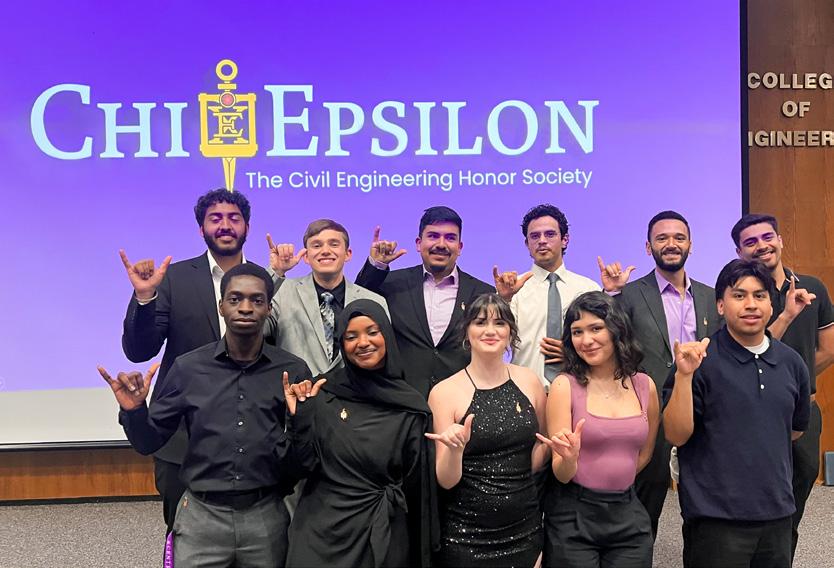
Honoring
On April 18, 2025, Chi Epsilon at the University of California, Berkeley celebrated a milestone 100 years in the making. The Centennial wasn’t just a ceremony—it was a homecoming, a time capsule, and a promise, all folded into one heartfelt evening.
Held at the Chevron Auditorium at the International House—just steps from the Alumni House and long celebrated as a hub of global dialogue and inclusive leadership—the event brought together students, faculty, alumni, and national leaders to mark a century of civil engineering excellence, lived through the values Chi Epsilon has championed since its founding: Scholarship, Character, Practicality, and Sociability.
A student-curated museum exhibit lined the walls, inviting guests into a shared past: black-and-white photos from the 1930s, induction records from the ’70s, jackets from the ’90s, and hand-painted pieces from current members. Jake’s original artwork added a contemporary flourish, connecting generations through creativity. Time blurred as guests wandered through the decades, rediscovering memories and honoring those who came before.
As the room filled with conversations and reconnections, one reflection seemed to capture the mood:
“The people who make up our chapter are not just exceptional scholars. They’re leaders, mentors, and the heart of the CEE community.”
That sentiment echoed throughout the evening—not as an idea, but as a truth everyone could feel. It was visible in every handshake, every story shared, every moment of mutual recognition across generations.
The celebration also offered a moment to recognize the steady, guiding figures who have helped shape the chapter across decades. Dr. Mike Riemer, who has served as Faculty Advisor since 2005, was honored for nearly 20 years of mentorship, consistency, and care. His influence on generations of students has been quiet but profound—woven into the rhythm and values of the chapter itself.

Chapter President Abigail Malakun captured the spirit of the evening with quiet clarity:
“This is not an ending—it’s a launchpad.”
Generations Reunited
From the moment the doors opened, it was clear this would be more than a formal gathering. It was a reunion of minds and hearts. Alumni—some returning to campus for the first time in decades— embraced old friends and met the students now walking in their footsteps. Laughter mixed with stories, names with legacies.
Joining him at the celebration was Dr. Joan Walker, Chair of the Department of Civil and Environmental Engineering, along with longtime faculty supporters Dr. Ivey and Dr. Sitar. Their presence reflected the enduring support the chapter has received from within the department—a partnership grounded in mutual respect, shared values, and a belief in the power of student leadership.
It was clear: this chapter does not stand alone. It is bolstered by a department that sees Chi Epsilon not as an extracurricular, but as a cornerstone of community.
The celebration also marked the return of Dr. Charles Chadwell, Executive Director of Chi Epsilon and Dean of Engineering at Northern Arizona University. A proud "Triple-Bear," Dr. Chadwell, earned all three of his engineering degrees at UC Berkeley—and brought with him a deep understanding of what makes this chapter special.
“Berkeley doesn’t just prepare you to solve problems,” he shared. “It teaches you to lead—with integrity, with humility, and with your whole self.”
His remarks were both technical and tender—a call for engineers to meet the future with boldness and care, grounded in values Chi Epsilon has upheld for generations. For many in the room, it was a full-circle moment: a national leader returning home, reflecting on where it all began, and reaffirming what makes this chapter one of the most distinguished in the country.
“The people who make up our chapter are not just exceptional scholars. They’re leaders, mentors, and the heart of the CEE community.”

One hundred years in, UC Berkeley’s Chi Epsilon chapter isn’t just thriving—it’s evolving. With nearly 70 active members and 33 new initiates in the 2024–2025 academic year, the chapter continues to draw students who are not only academically exceptional, but also deeply committed to collaboration, service, and shared leadership.
Its strength lies in the collective: members who plan events, guide peers, write emails, book rooms, organize induction ceremonies, and make this community feel like home. Leadership isn’t reserved for a few; it is shared, practiced, and passed down through everyday action.
This year, members also launched a financial aid fund to make Chi Epsilon more accessible—an idea rooted in inclusion and care. Two students have already been supported, and plans are underway to grow the fund further. The vision is bold but simple: no student should be unable to join Chi Epsilon because of cost.
It’s this spirit—not just of excellence, but of intention—that defines the chapter’s current era.
The Centennial was a student-built labor of love. Over two semesters, members coordinated logistics, secured sponsorships, curated the museum, and managed communications with grace and professionalism. Planning passed between graduating and incoming leaders, and the continuity of effort spoke volumes about the chapter’s culture of mutual ownership.
Every detail—from archival research to RSVPs, budget planning to outreach emails—was handled with care. From the outside, it was a beautiful event. From within, it was a project rooted in trust, generosity, and purpose.
"It was more than a celebration,” one student reflected. “It was a chance to say, ‘We’re still here. And we’re still building.’”
Thanks to generous support from ENGEO, Kittelson & Associates, and PMA, the event reflected not just the vitality of the chapter but the respect it commands across alumni and industry alike. The investment wasn’t just financial—it was symbolic. It said: this work matters.
The ceremony closed with Abigail’s final reflection—a moment that brought the evening full circle:
“Our roots are in steel, concrete, and equations—but our future is empathy, leadership, and community. That’s what Chi Epsilon gave me—and that’s what we’re carrying forward.”
It was a quiet but powerful affirmation of what this chapter is, and what it will continue to be: not just an academic society, but a place where purpose is forged and passed forward.
Incoming President Loegan Sumi is already building on this momentum. Plans are underway to expand mentorship, deepen alumni engagement, and establish a formal Alumni Advisory Board—a step that will ensure the chapter’s intergenerational strength continues to grow.
UC Berkeley’s Centennial Celebration wasn’t simply a reflection on time passed, it was a renewed promise to live the values that have defined this chapter for a century.
In this community, legacy isn’t just a story on a wall. It’s built every day—by students and faculty who show up, support one another, and build boldly.
To those who returned, supported, remembered, and contributed, thank you. You didn’t just celebrate a century. You proved this chapter’s future is as strong as its past. ■

On March 14, more than 150 Chi Epsilon members from 61 chapters across the country gathered virtually for the 2025 National Conference, hosted in partnership with Boise State University and the National Office. Students, faculty advisors, and members of the National Council came together to reflect on current practices, share tested strategies, and align on shared priorities for the year ahead.
The conference opened with remarks from Boise State leadership and Executive Director Dr. Charles Chadwell, who emphasized Chi Epsilon’s continued momentum and the importance of mission-centered leadership in today’s civil engineering landscape. He noted that while chapters operate in different environments, public and private, large and small—the Society’s impact is multiplied when members lead with intention, purpose, and a shared understanding of what excellence looks like.
Participants joined one of four working sessions based on registration preferences, each focused on a core area of chapter operations: Member Retention and Event Attendance, Activities and Visibility, Funding and Resources, and Faculty Advisor Expectations and Transitions. These sessions were co-facilitated by a National Council member and a Boise State student officer, and designed to surface challenges, exchange examples, and identify tangible improvements for local chapter operations.
Facilitated by Dr. Gian Rassati and Gregor Posadas
This session explored how chapters sustain momentum after induction and ensure that membership continues to be meaningful. Chapters emphasized the value of consistent, low-barrier programming that balances social connection with academic support. Examples included regularly scheduled study groups during midterms, FE exam prep led by alumni, and themed social events like karaoke fundraisers or trivia nights.
Many attendees noted that the key to retention lies in recognizing when students are most likely to disengage—such as during internship seasons, finals, or leadership transitions—and proactively addressing those moments with targeted touchpoints. Pairing new initiates with current members helped bridge the gap and cultivate stronger leadership pipelines.
Chapters also discussed using messaging platforms like GroupMe or Slack to build a culture of everyday communication, making XE feel less like a formality and more like a functional, supportive community.
Facilitated by Prof. Hank Dobbelaar and Ayden Palmquist
This session focused on increasing campus visibility and elevating the value proposition of Chi Epsilon. Students shared outreach strategies that effectively communicated the Society’s mission to prospective members, including classroom visits to sophomore-level civil engineering courses, presentations at student orientation events, and coordinated social media campaigns that spotlighted member projects and stories.
Chapters discussed how partnering with other student organizations—such as ASCE, SWE, and Tau Beta Pi—resulted in more diverse event participation and helped extend XE’s reach. Others noted that engaging professors to mention Chi Epsilon in class, or even distribute a flyer on behalf of the chapter, created credibility and prompted questions from students curious about membership.
Several chapters shared that early engagement efforts, like helping with campus move-in or hosting an informal coffee chat for freshmen, were instrumental in laying the groundwork for strong pledge classes later in the academic year.
Facilitated by Dr. Michael Riemer and Keleigh Dockens
This session addressed the reality that successful chapters are not only mission-driven, they are also financially strategic. Participants discussed a wide range of funding efforts, from formal banquets and scholarship award ceremonies to more informal fundraisers such as firm-sponsored socials, cornhole tournaments, or community nights with local sponsors.
Budget planning, a recurring theme, was discussed in detail. Chapters noted that budgeting by semester, rather than by event, allowed them to think more holistically about member needs, recruitment cycles, and opportunities for growth. Several chapters highlighted the importance of clear transition documents for
“Leadership in Chi Epsilon doesn’t begin with titles—it begins with clarity, accountability, and shared purpose.”
new treasurers and working closely with faculty or university staff for support with payment systems and compliance.
One chapter shared their success using alumni to sponsor an annual XE mixer with industry reps, transforming it into a signature recruiting and networking event that doubled as their primary fundraiser for the year. The key insight? Aligning funding activities with professional development not only increases turnout, but adds lasting value to membership.
“Funding isn’t just financial—it’s foundational. Strong budgets enable strong leadership.”
Facilitated by Dr. David Chin and Keira Holder
This session addressed how to maintain effective faculty partnerships across leadership transitions and throughout the academic year. Advisors, participants agreed, do more than sign forms—they set the tone for a chapter’s culture and longevity. Chapters that benefited from engaged advisors often had stronger continuity, smoother inductions, and more successful officer transitions.
Some chapters shared their model of co-advisership, where two faculty members share responsibilities, one more available for day-to-day support, the other more focused on strategic connections within the department. Others emphasized developing “chapter briefs” or onboarding folders to help new advisors get up to speed quickly when a change occurs.
Attendees expressed interest in a centralized resource from the National Office that could help standardize expectations and guide advisors new to Chi Epsilon. Ideas included a recorded welcome message, a sample event calendar, and a clear outline of advisor roles that distinguish between compliance and engagement.
During the closing plenary, chapter representatives shared highlights from their sessions. Common themes emerged: leadership transitions require planning, visibility requires purpose, funding requires discipline, and retention requires relevance. While each chapter’s approach is shaped by its campus environment, the path to stronger outcomes begins with shared knowledge and clear intentions.
“Chi Epsilon develops engineers who lead—with vision, integrity, and real-world skill.”
As students return to their campuses, they do so not just with new ideas—but with concrete frameworks for implementing change. The 2025 National Conference reinforced that when Chi Epsilon chapters focus on the fundamentals, build with integrity, and support one another, they create something bigger than an event or a title—they build lasting impact. ■

Hosting a National Conference is one of the highest honors—and most unique responsibilities—a Chi Epsilon chapter can undertake. It’s more than planning an event. It’s a chance to lead nationally, spark connection, and help shape the future of the Society.
This year, Boise State University did just that.
As one of Chi Epsilon’s youngest chapters, Chapter 142 brought energy, initiative, and regional pride to the 2025 National Conference. From co-leading breakout sessions to managing the flow of the virtual platform, Boise State’s student leaders played a central role in bringing the day to life. We are especially grateful to Keleigh Dockens, Keira Holder, Aydan Palmquist, and Gregor Posadas for stepping up to facilitate key discussions with preparation, professionalism, and care.
Behind the scenes, the chapter partnered with the National Office on communications, slide development, session assignments, and coordination meetings—embracing a full view of what it means to lead at the national level. Their thoughtful engagement gave the event a local heartbeat and offered a glimpse into the promise of a rising chapter.
In recognition of their contributions, the National Office is proud to award Boise State a $2,500 scholarship, made possible through the generosity of our donors, to further invest in Chapter 142’s continued growth and development.
Since its installation in 2018, Boise State has steadily carved out its place in the Chi Epsilon community. By hosting this year’s conference, they added a new chapter to that story—one defined by leadership, service, and bold collaboration. Their work stands as a model for how even our newest chapters can make a meaningful impact on the Society at large.
Thank you, Boise State. You showed up with heart and helped carry the Society forward. We can’t wait to see where you lead next. ■
For the first time in history, two noteworthy national names in civil engineering—Chi Epsilon and the American Society of Civil Engineers— have formally joined forces. This integration is not simply structural. It’s strategic. It unites academic distinction with professional leadership, student-driven purpose with institutional strength, and two legacies with one bold future. This is more than a milestone. Chi Epsilon will now serve as the Civil Engineering Honor Society of the American Society of Civil Engineers.
Chi Epsilon has long recognized students who exemplify the values at the core of civil engineering: scholarship, character, practicality, and sociability. Those values endure. But through this integration, they gain a broader stage. As ASCE’s academic honor society, Chi Epsilon’s distinct identity will be preserved—even as its reach expands, its mission is reinforced, and its commitment to future student leaders is renewed.
“This is an alignment that elevates Chi Epsilon while supporting leadership development pathways in support of the ASCE mission,”
—Dr.
Charles Chadwell, Dean of the Steve Sanghi College of Engineering at Northern Arizona University and Executive Director of Chi Epsilon
“Integration with ASCE preserves our identity through national visibility, institutional support, and a student pipeline we simply can’t build alone anymore.”
This decision was not made lightly. It reflects nearly three years of meaningful dialogue, national survey feedback, and focused deliberation by students, faculty, alumni, and national leadership. Their
insights led to the creation of the Committee on Chi Epsilon (CXE), a dedicated governance structure within ASCE’s national committee framework. The CXE will ensure that chapter and student honors, student and service leadership, and the core spirit of XE remain at the forefront.
The benefits of this integration are already clear. For many chapters, it eases operational burdens and opens access to new tools, national visibility, and shared programming opportunities. For students, it connects their achievements to a broader ecosystem—one that values academic excellence and leadership potential without asking them to choose between the two.
Most importantly, this moment reinforces what Chi Epsilon has always stood for: honoring those who lead with both intellect and integrity. It signals to our members, to the profession, and to future engineers that we are committed to lifting one another higher—and doing so together.
We are not simply preserving what has always been. We are building what comes next—with clarity, with commitment, and with the strength of a united community.
Together, Chi Epsilon and ASCE are ready for the next hundred years. ■

Across the country, Chi Epsilon chapters spent the year turning the Four Pillars into action. They didn’t just uphold values like Scholarship, Character, Practicality, and Sociability—they lived them. In classrooms, communities, and career spaces, our members—and the faculty and alumni who support them—delivered an unforgettable year.
To every student leader, chapter advisor, and proud alum: this is your spotlight.
These chapters proved that academic excellence is contagious—and when paired with peer support, it becomes transformational: Leadership with purpose.
Carnegie Mellon University's weekly tutoring in statics and fluid mechanics, created a thriving space for academic mentorship and community.
NYU–Tandon mirrored that energy, using tutoring programs as a powerful way to support both academic success and new member retention.
Missouri S&T took scholarship one step further— offering semesterly financial awards based on academic excellence and service, reinforcing that leadership in the classroom matters just as much as leadership in the field.
The University of New Mexico proudly initiated its largest cohort in recent memory, a result of strong faculty partnerships and sustained visibility in upper-division classes.

University of Illinois Urbana-Champaign showed how one great advisor can lift a chapter. Honoring Dr. Scott Olson as a Chapter Honor Member sent a clear message: excellence is a team effort.
Texas A&M University’s leadership helped launch a departmental study lounge, ensuring students always had a space to prepare, collaborate, and excel.
The University of Michigan hosted guest speakers who introduced academic perspectives from transportation, environmental planning, and social equity— reminding us that scholarship isn’t static, it’s evolving.
Rutgers University saw a 500% increase in members, driven in part by consistent academic visibility and recruitment events.
San Diego State and University of Oklahoma shattered past records with their largest initiations in recent history.
Character: Not a Concept, a Way of Being
Character isn’t a side project. At Chi Epsilon, it’s the reason we lead.
Virginia Tech members became ambassadors of engineering for elementary students, using creative activities to make STEM come alive.
The Cooper Union turned food security into architecture, competing in CANstruction with a structural art piece made entirely of donated cans—later given to families in need.
RPI led a deeply meaningful Order of the Engineer ceremony, inducting over 100 new engineers and reminding everyone that ethics isn’t just a class—it’s a career foundation.
Norwich University students helped assess damage to a failing culvert, turning textbook knowledge into public service.
The University of Florida drafted a new Code of Conduct to foster trust and transparency.
Clemson University partnered with other campus organizations to mentor future civil engineering majors.
Michigan State University’s open forums gave members a real voice in shaping chapter priorities.
South Dakota State University reintroduced Chi Epsilon with an open house celebration—demonstrating that integrity and ownership start with how we show up for each other.
Columbia University returned after a 35-years hiatus with renewed purpose— hosting FE prep nights, and student-led conversations about engineering and equity. Their comeback wasn’t just about presence; it was about building a community founded on care and ethics.
Internships. Site tours. Career fairs. This year, Chi Epsilon chapters got practical.
Cal Poly–Pomona’s annual career fair once again stood out, drawing employers eager to meet XE students.
University of Maryland scaled even higher—hosting the largest civil engineering career fair in their school’s history.
MIT members toured the Central Utility Plant to learn about energy infrastructure and the role of civil engineers in sustainability.
Texas Tech paired resume reviews with sponsorship nights that brought employers and students into casual, career-ready conversation.
"Talking with alumni reminded me—Chi Epsilon doesn’t end at graduation."
—South Dakota State University Member
University of Toledo started a soft skills seminar series to help students prep for interviews and workplace collaboration.
Louisiana State University's ambassador model helped reach early-career students.
University of Cincinnati added polish with embroidered e-board polos that promoted professionalism and pride.
Northeastern, Georgia Tech, and North Carolina State, students developed FE study tracks and hosted alumni Q&A panels that blurred the line between student preparation and professional excellence.
This year’s social programming was anything but ordinary.
Auburn University's Graduating Seniors Dinner became a powerful bookend to years of learning—complete with faculty toasts and family cheers.
"This chapter isn’t just where I found leadership—it’s where I found my people."
—Auburn University Member
Cornell University created a pre-enrollment forum that mixed academic advising with snacks and laughter—lowering anxiety for new students while showcasing what Chi Epsilon represents.
Old Dominion University hosted hockey nights.
Purdue University brought the chapter together at a local brewery for a professional-meets-personal social event.
Notre Dame’s coffee chats helped freshmen feel heard and supported.
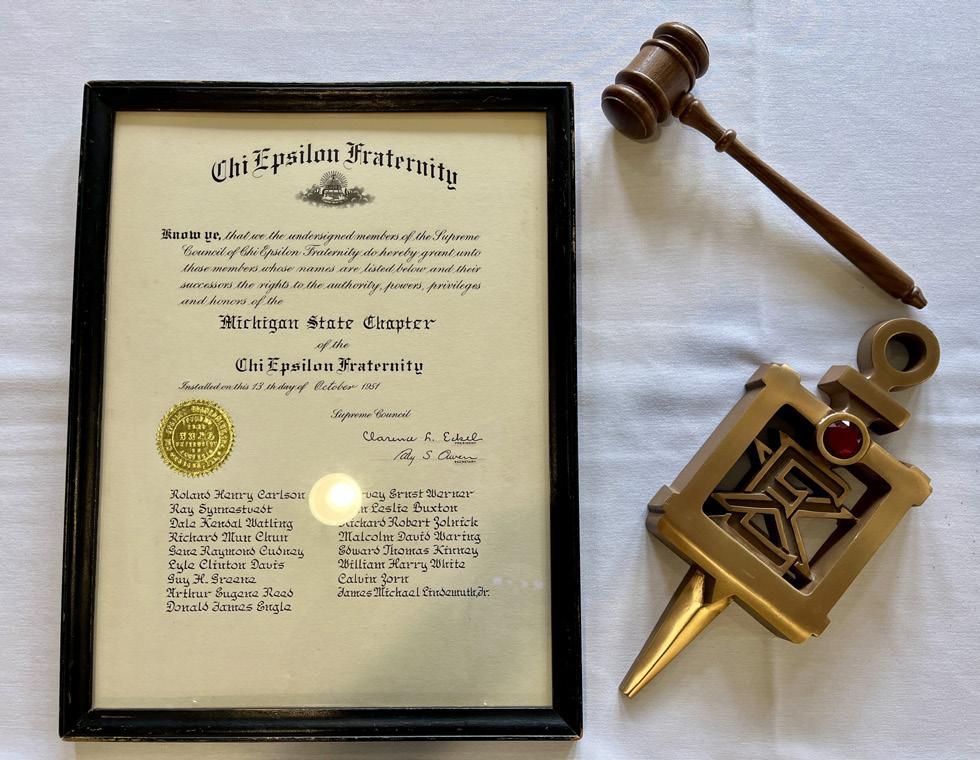
University of Colorado-Boulder welcomed initiates with warmth and celebration after a milestone induction ceremony.
University of South Alabama introduced an engineering trivia night that blended bonding with brainpower.
University of Kansas co-hosted a DEI community potluck that created real connection across engineering cohorts.
University of Louisville brought tradition online with ceremony photos and shout-outs on social media, expanding their chapter’s sense of inclusion and celebration.
Because tutoring sessions built confidence.
Because resume nights landed jobs.
Because outreach sparked curiosity in future engineers.
Because chapters grew stronger together.
Because alumni showed up—to mentor, support, and inspire.
Chi Epsilon isn’t just about initiations—it’s about lifelong belonging. This year, the Four Pillars lived in every hour volunteered, every event hosted, and every hand raised to lead.
To every member, advisor, and alum: thank you. Your passion powers this Society. Let’s keep the momentum going—proud, connected, and ready for what’s next. ■
Chapter Honor Members (CHMs) are nominated by local chapters. Each Chapter Honor Membership is awarded in appreciation of extraordinary professional achievements in the civil engineering community. Each individual below has acquired a level of distinction in the profession and has demonstrated both experience and ability that is worthy of imitation by new civil engineers. Candidates must also have a minimum of ten years of experience as a registered professional engineer in the civil engineering or allied professions. ■
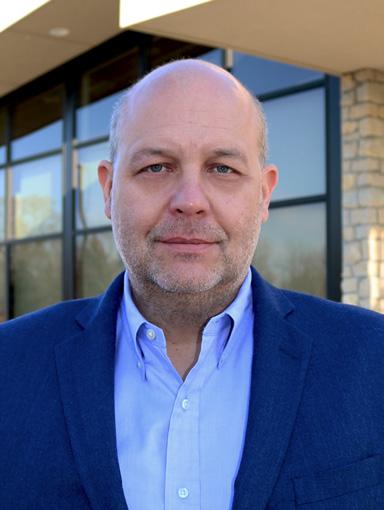
Ryan Callaghan Iowa State University
Ryan Callaghan, PE, Iowa State alumnus and Chi Epsilon member, brings 30 years of engineering leadership. As a co-founder of multiple firms and a licensed professional in 11 states, he exemplifies scholarship, character, practicality, and dedicated support for engineering education.

Dr. Halil Ceylan
University of Illinois Urbana-Champaign
Halil Ceylan, Ph.D., Professor and Director of PROSPER at Iowa State University, is a leading expert in sustainable pavement engineering. Renowned for pioneering research, AI innovation, and mentorship, he advances resilient infrastructure and education.

Kevin Chang University of California, Berkeley
Kevin KaiWen Cheng, Berkeley MS graduate and former Chi Epsilon chapter president, is CEO and co-founder of LinkedField, a construction technology firm. For over 20 years, he has supported Berkeley’s Chi Epsilon and Civil Engineering departments.
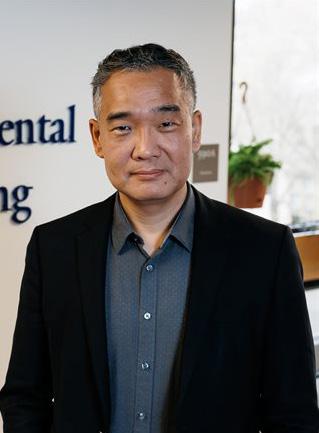

Jaehong Kim University of Illinois Urbana-Champaign
Jaehong Kim, Ph.D., (UIUC), Chair at Yale, is renowned for advancing water purification using nanomaterials. A Seoul National and UIUC alum, he’s an award-winning educator whose research, leadership, and outreach shape the future of environmental engineering.
Karl Krukenberg, PE, a proud Purdue Boilermaker and Chi Epsilon member, is the WSP Indianapolis Bridge Department Manager and Assistant VP. Known for expertise in bridge and transportation engineering, Karl excels in leadership, mentorship, and fostering collaboration.
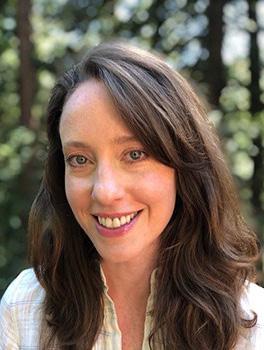
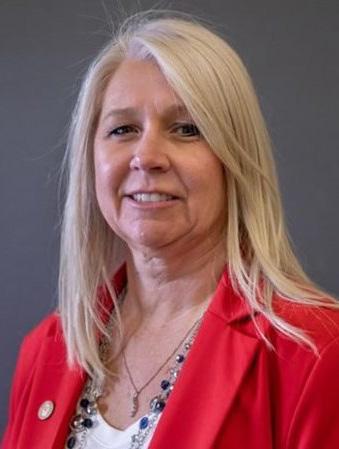
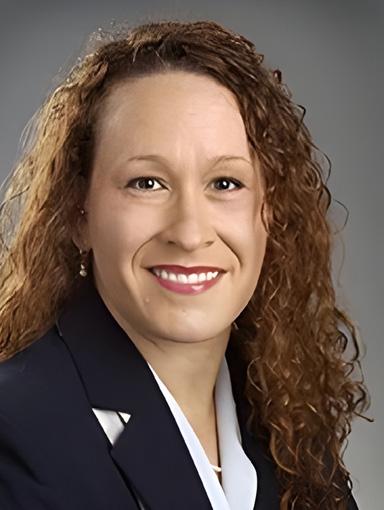


Lissa J. MacVean, Ph.D., PE, and Professor at the University of Michigan, excels in water cycling research, outstanding teaching, and strong leadership in diversity and inclusion efforts. Her dedication to education and the environment embodies the core values of Chi Epsilon.
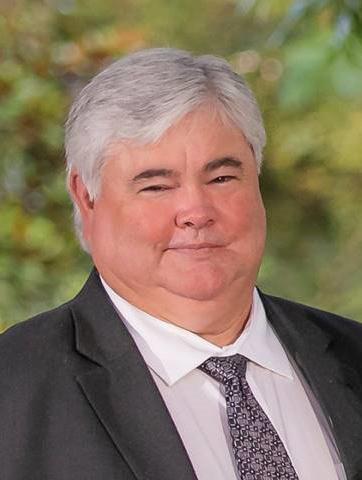
Nancy J. Matteoni, PE, Missouri S&T alumna, excels in water infrastructure and bridge design. With 30+ years in engineering, she champions career development, mentor’s women in STEM, and models balance in leadership, service, and family.
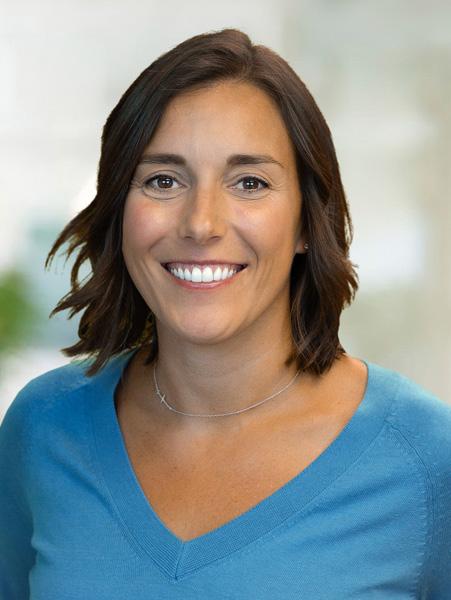
Sondra M. Miller, Ph.D., PE, serves Boise State University as an associate professor and program leader, earning distinction for her impactful environmental engineering research, innovative student mentorship, and dedicated service to the engineering profession.
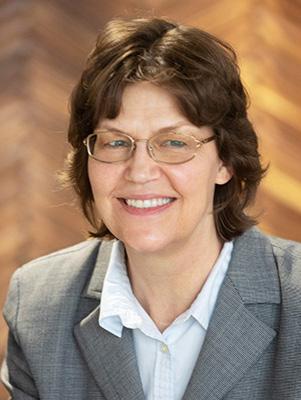
Kimberly Sharp has 33 years of NJDOT experience in structural, geotechnical, and project management roles. She manages In-House Structural Design and serves on TCNJ’s Civil Engineering Board, exemplifying Chi Epsilon’s values through leadership and service.
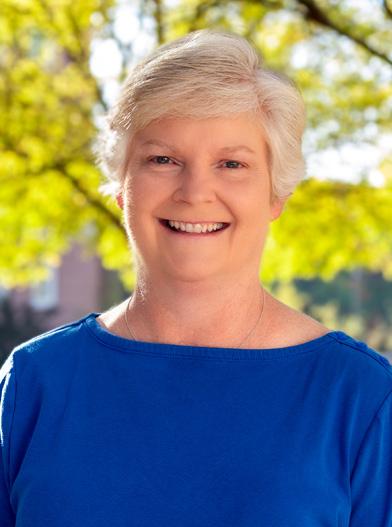
Steve Sieckhaus, Missouri S&T alumnus and Chief Operating Officer at Clayco, brings over 30 years of construction leadership experience. A tireless supporter of S&T, he champions industry innovation, student opportunities, and alumni engagement at every level.

Allen D. Sims, PE, leads Jefferson County Drainage District No. 7 with over 30 years in civil engineering, specializing in levee systems and flood mitigation. A Lamar University alumnus, he supports student development through teaching, field trips, and research collaboration.
Erin Threet, PE, and Vice President of Services at HRG, Inc. and Bucknell ’06 alumna, exemplifies leadership in civil engineering. She actively mentor’s students and serves on Bucknell’s Engineering Alumni Board, ABET advisory board, and student engagement committees.
Tracy Thomas, PE, Missouri S&T alumna and Managing Director for Construction, Facility & Security Management at the U.S. State Department, leads embassy construction. A Senior Foreign Service Officer, she exemplifies leadership, service, and engagement.
Mary Hughes, Ph.D., has served Auburn University’s Department of Civil and Environmental Engineering since 2003, earning widespread respect for her dedication to teaching. She is known for exceptional mentorship, service, and commitment to civil engineering education.
Yongwei Shan, Ph.D., PE, Associate Professor at Oklahoma State University’s School of Civil and Environmental Engineering, specializes in infrastructure asset management and construction engineering. With funded research, he advances data-driven approaches.
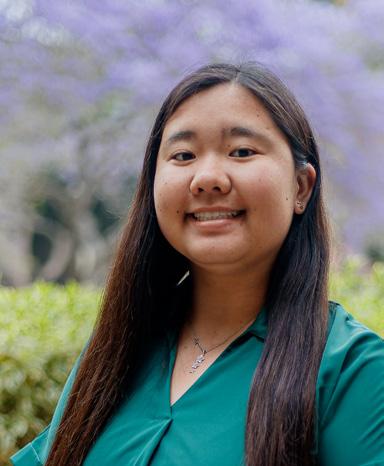
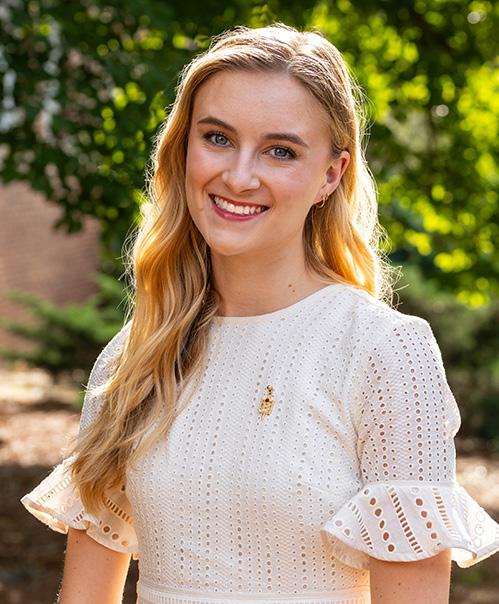
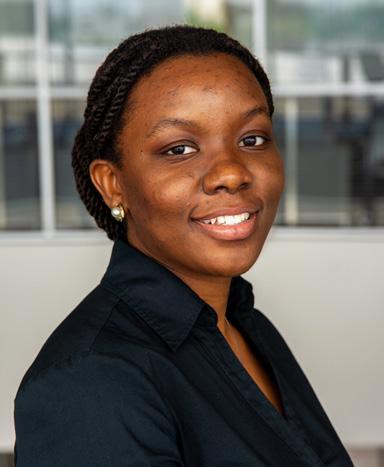
The 2025 James & Sharon Weinel Fellowship returns—celebrating three exceptional students leading with purpose, heart, and vision.
This year marked the return of the James & Sharon Weinel Fellowship—an award established to support graduate students who exemplify the highest ideals of Chi Epsilon. After a brief hiatus, the fellowship was reinstated to recognize and invest in the next generation of civil engineering leaders.
The 2025 applicant pool made it abundantly clear: this fellowship matters. So many students demonstrated extraordinary scholarship, leadership, and character that the National Office went beyond awarding a single winner. In addition to the full $3,500 fellowship, two exceptional applicants were honored with $1,000 runner-up fellowships.
These three rising civil engineers reflect the best of Chi Epsilon’s values—Scholarship, Character, Practicality, and Sociability. Their stories are unique, but each is driven by a deep commitment to building a better world through civil engineering.
Cassidi Harada, UCLA 2025 Weinel Fellowship Recipient ($3,500)
From hosting one of Chi Epsilon’s largest district conferences to leading technical student teams, Cassidi Harada’s leadership at UCLA is defined by purpose and impact.
Introduced to civil engineering through a summer program, Cassidi merged empathy with technical drive—channeling her energy into realworld impact. Whether coordinating ASCE’s career fairs or managing a Steel Bridge team with warmth and vision, she’s built connection and confidence among peers.
As Chair of the 2023 Pacific District Conference, she led a team that welcomed over 220 attendees from nine universities—fostering collaboration, alumni engagement, and student pride. Through internships in field and structural engineering, she’s applied theory to practice while improving accessibility across California. Now a graduate student in structural engineering, Cassidi continues to support her chapter as a trustee and mentor. She exemplifies the Weinel Fellowship’s purpose: recognizing those who build both systems and people.
Avry Prewitt, Auburn University Runner-Up ($1,000)
Auburn graduate student Avry Prewitt found her calling in water infrastructure—and never looked back. With a 4.0 GPA and strong involvement in Chi Epsilon and the International Buddy Program, her story is one of curiosity turned clarity.
Her leadership blossomed as Vice President—and later Interim President—of Auburn’s Chi Epsilon chapter, where she organized FE exam reviews, senior honors events, and the 2024 National Conference. Her work with Jacobs as a water/wastewater intern has ranged from modeling citywide systems to conducting quality testing in Jackson, Mississippi.
Now in her master’s program, Avry is focused on environmental engineering with a heart for equity. She blends technical expertise with a passion for service, mentoring students and making engineering approachable to the next generation. Her clarity of purpose and commitment to impact made her application stand out.
Hellen Shita, Florida International University Runner-Up ($1,000)
With an impressive academic and research track record, Hellen Shita brings unmatched focus, humility, and innovation to her work in transportation safety.
Originally from Tanzania, Hellen’s journey includes top undergraduate honors, award-winning research on biogas in rural communities, and now a Ph.D. in civil engineering at FIU with a perfect 4.0 GPA. Her research—funded by the Florida and South Dakota Departments of Transportation—focuses on smart work zones, crash data modeling, and improving roadway safety.
She serves as Secretary-Treasurer of FIU’s Chi Epsilon chapter, President of WTS, Vice President of Tau Beta Pi, and Treasurer of the Florida Engineering Society—all while publishing in top journals and earning national recognition for her technical presentations. Her blend of scholarship, leadership, and global perspective is extraordinary.
Chi Epsilon proudly honors Cassidi, Avry, and Hellen not just for what they’ve accomplished, but for the values they carry into every classroom, lab, and leadership space. We’re excited to support their journeys—and confident their vision and integrity will uplift the civil engineering profession.
The Weinel Fellowship celebrates students who build more than infrastructure—they build access, community, and purpose.
We look forward to all they will build—and are proud to call them Chi Epsilon Fellows. ■
Each year, Chi Epsilon honors a select group of faculty advisors whose mentorship leaves a lasting mark on their chapters. This year, we planned to award two—but the quality of submissions made that impossible. Three nominations stood out so strongly, so powerfully voiced by their students, that we proudly chose to honor all three.
These advisors were nominated through heartfelt essays written by their student leaders, each one a testament to the extraordinary impact a dedicated mentor can have. Each recipient receives a $500 award—but the true honor is the role they play in shaping the next generation of civil engineers.
We’re proud to introduce this year’s Faculty Advisor Award winners—three remarkable educators whose leadership and care have transformed their chapters from the inside out.
Dr. David Chin, University of Miami
“He makes it feel like Chi Epsilon is more than just a chapter—it’s a community, and we belong in it.”
Since 1996, Dr. David Chin has been the guiding force behind the University of Miami’s Chi Epsilon chapter. His steady presence—meeting biweekly with the chapter president, offering insight and support—has built a culture of continuity, connection, and purpose.
He’s known for organizing professional photoshoots that elevate the chapter’s image and foster pride, and for his personal investment in initiation ceremonies, helping each one run smoothly and meaningfully. Beyond events, Dr. Chin is a trusted mentor who encourages collaboration, innovation, and bold ideas.
For many students, his office is the first stop when they need advice—on classes, careers, graduate school, or life. His blend of professionalism and genuine care has made the chapter stronger, more connected, and deeply proud of its XE identity.
Dr. Ali Ebrahimian, Florida International University
“He didn’t just believe in our vision—he helped make it real.”
Dr. Ali Ebrahimian has been instrumental in reenergizing the Chi Epsilon chapter at FIU. When a new group of student leaders set out to strengthen the chapter’s presence, Dr. Ebrahimian offered more than encouragement—he offered strategy, partnership, and faith in their leadership.
Under his mentorship, the chapter launched successful industry events, increased member engagement, and expanded its service initiatives. He was their advocate and coach, connecting them with key stakeholders and giving them the tools to succeed.
His support doesn’t stop at chapter goals—he’s also a champion of student development, sharing internship and research opportunities, offering course guidance, and supporting students in their post-graduate paths. He has redefined what’s possible for the FIU chapter and left a lasting legacy.
Dr. Jerry Wang, Carnegie Mellon University
“To the extent we can lessen the hurt we've experienced and amplify all the help we've received... that’s about as simple a recipe for making the world better as one can write down.”
That quote, shared by Dr. Jerry Wang in a Chi Epsilon group chat, says everything you need to know about his mentorship style. Thoughtful, present, and endlessly generous, Dr. Wang is a fixture of calm support and academic curiosity at Carnegie Mellon.
When a seminar needed a speaker with only a week’s notice, Dr. Wang jumped in—delivering a brilliant, engaging talk without missing a beat. He’s known for hallway tutoring sessions that turn into deep dives on thermodynamics, and for being the kind of professor students turn to whether they need help with fluid mechanics or life advice.
Dr. Wang leads with heart, inspires with intellect, and teaches in a way that invites students to rediscover their joy in learning. His presence in the chapter has fostered a culture of excellence, warmth, and trust.
This year, we celebrate three advisors whose impact cannot be overstated: Dr. Chin, Dr. Ebrahimian, and Dr. Wang embody what it means to lead with character, support with intention, and inspire with consistency. Chi Epsilon is proud to honor them— and grateful for the generations of students they continue to shape. ■
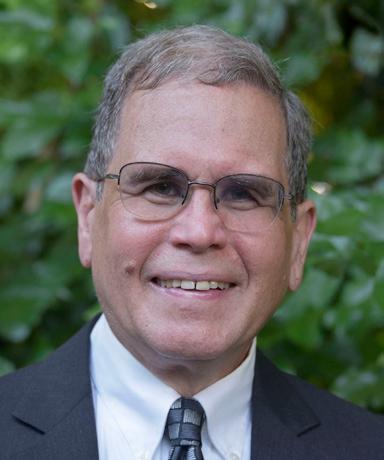

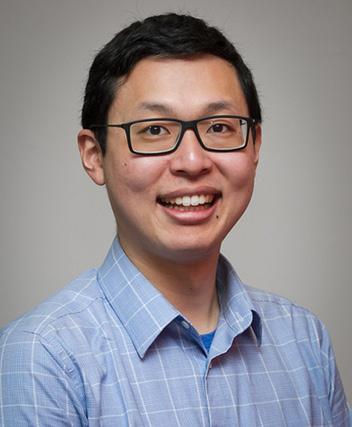
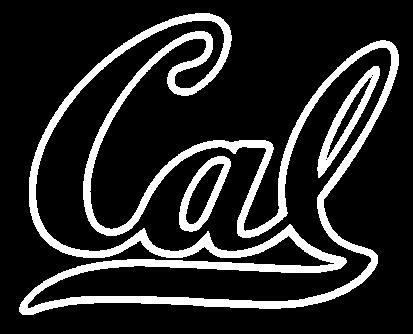
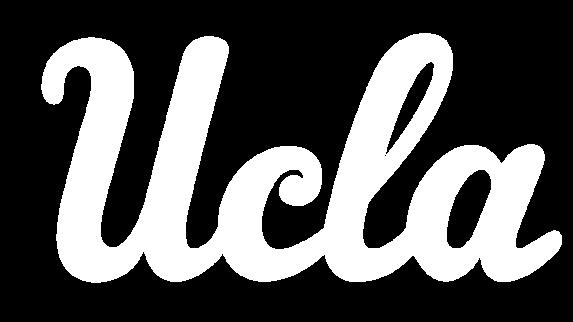
Each year, Chi Epsilon recognizes chapters that embody the Society’s values through exceptional written and video submissions. The 2025 Chapter Awards—three prizes of $1,500—celebrate

chapters whose efforts not only elevate academic achievement, but also inspire professional growth and meaningful community impact. This year’s honorees led with integrity, creativity, and heart.
As Chi Epsilon’s seventh chapter, UC Berkeley has long set the standard for excellence—and this year was no exception. In the lead-up to their Centennial,
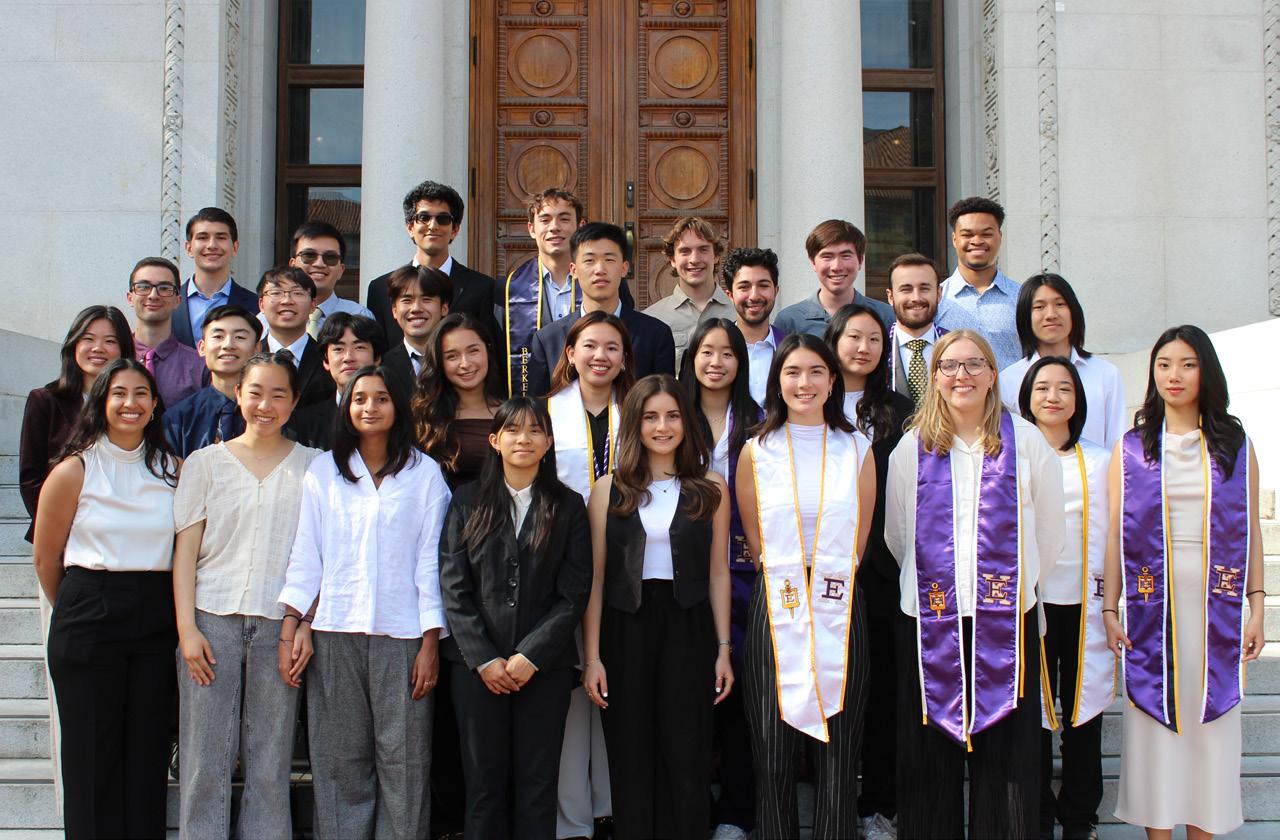
the chapter deepened its legacy through more than 60 hours of academic support, including weekly study halls and midterm review sessions designed to help peers thrive in one of the nation’s most rigorous engineering programs.
But their reach extends far beyond the classroom. From environmental clean-ups and urban gardening to climate advocacy and lab safety, the chapter’s service initiatives wove together a powerful story of stewardship and leadership. Technical workshops in AutoCAD, SAP2000, and GIS equipped members for the profession ahead, while site tours and industry panels fostered career readiness. And with socials ranging from karaoke to hikes, their mentorship program created a close-knit, multigenerational engineering family.
As Chapter President Abigail Malakun shared, “Chi Epsilon remains a driving force for positive change and a lasting symbol of scholarship, character, practicality, and sociability.” It’s a century-old legacy, renewed each day by the members who live it.
At UCLA, Chi Epsilon thrives on the strength of its community. Whether welcoming a new class of initiates or reconnecting with alumni, the chapter continues to grow while maintaining a deeply personal touch. Its officers, many newly initiated, brought fresh energy to everything from midterm review sessions and alumni days to “Chiyaking” trips and sandcastle competitions.
UCLA’s focus on mentorship is woven through every aspect of chapter life. Study hours pair upperclassmen with underclassmen, offering not just academic guidance but lasting friendship. The initiation process itself—from resume submissions and mock interviews to escape-room style activities—is designed to prepare members for real-world leadership with a sense of fun and camaraderie.
Professionally, the chapter broadened its reach with grad school panels and career sessions featuring top employers like Kimley-Horn and SpaceX. Meanwhile, a revitalized Instagram strategy—including standout
Reels—redefined the chapter’s digital identity and expanded its influence. As their board puts it:
“Chi Epsilon is committed to supporting the civil engineering community, helping members develop personal and professional skills needed to make a meaningful impact in a changing world.”
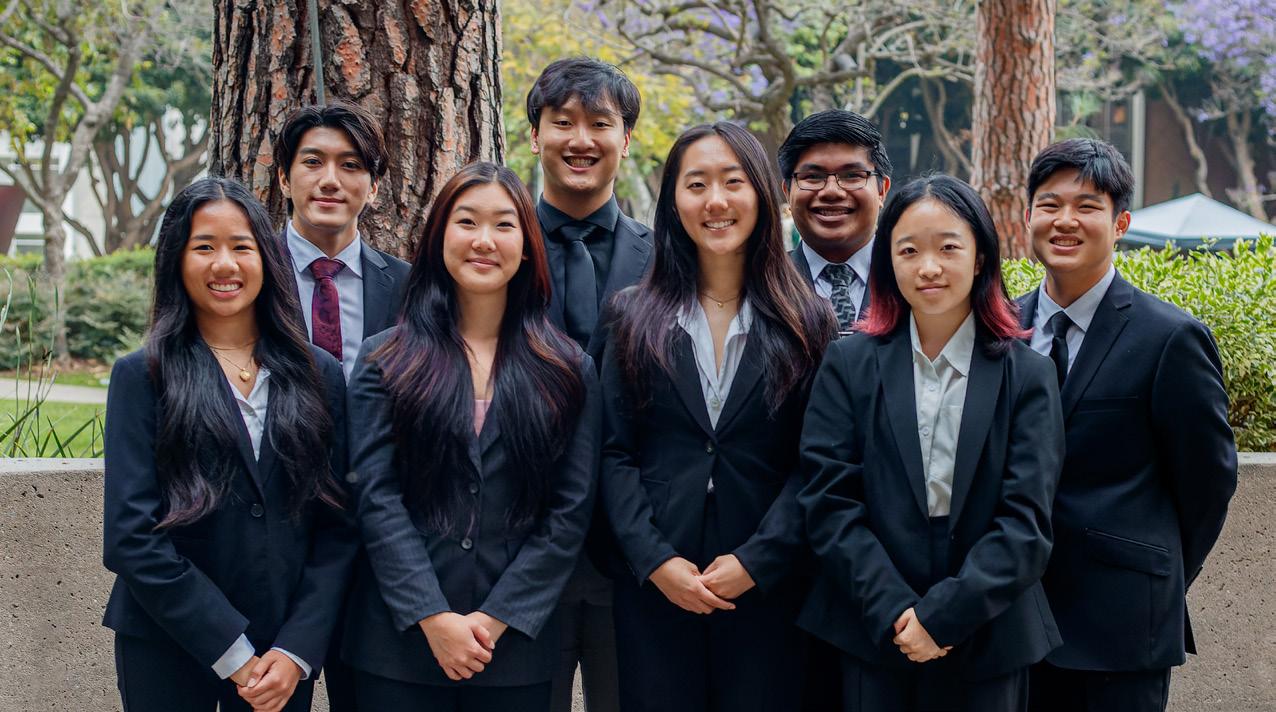
In just one year, FIU’s Chi Epsilon chapter underwent a remarkable transformation. Under President Francisca Kasubi’s leadership, the chapter launched dynamic social media channels, reestablished campus presence through homecoming events, and successfully hosted the Fall 2024 Southern District Presidents Meeting—an effort that sparked cross-chapter collaboration and strategic dialogue across the region.
The chapter’s momentum extended into the professional sphere with a site tour of Miami International Airport’s garage construction, a resume review series, and a joint Career Fair that brought 40 companies to campus. These events, co-hosted with organizations like ASCE, NSBE, SEI, and FDOT, created opportunities for students to connect directly with future employers.
FIU also gave back—through shoreline cleanups, high school outreach, and major industry events like South Florida Construction Career Days, which reached nearly 2,000 students. With a revitalized team and unwavering support from advisor Dr. Ali Ebrahimian,
FIU has reemerged as a powerhouse chapter grounded in service, leadership, and inclusion.
“By embracing innovation, collaboration, and service,” Kasubi reflected, “we have transformed Chi Epsilon at FIU into a thriving community that honors academic excellence and empowers future civil engineers.” ■



Scan here to purchase a banner and browse our selection of Chi Epsilon branded items.
We ask you to consider the impact your donation can have on our organization and future civil engineers. Scan here to make your tax-deductible donation today.
103
Years of Chi Epsilon 1,341
Newly Inducted Members 148 University Chapters
